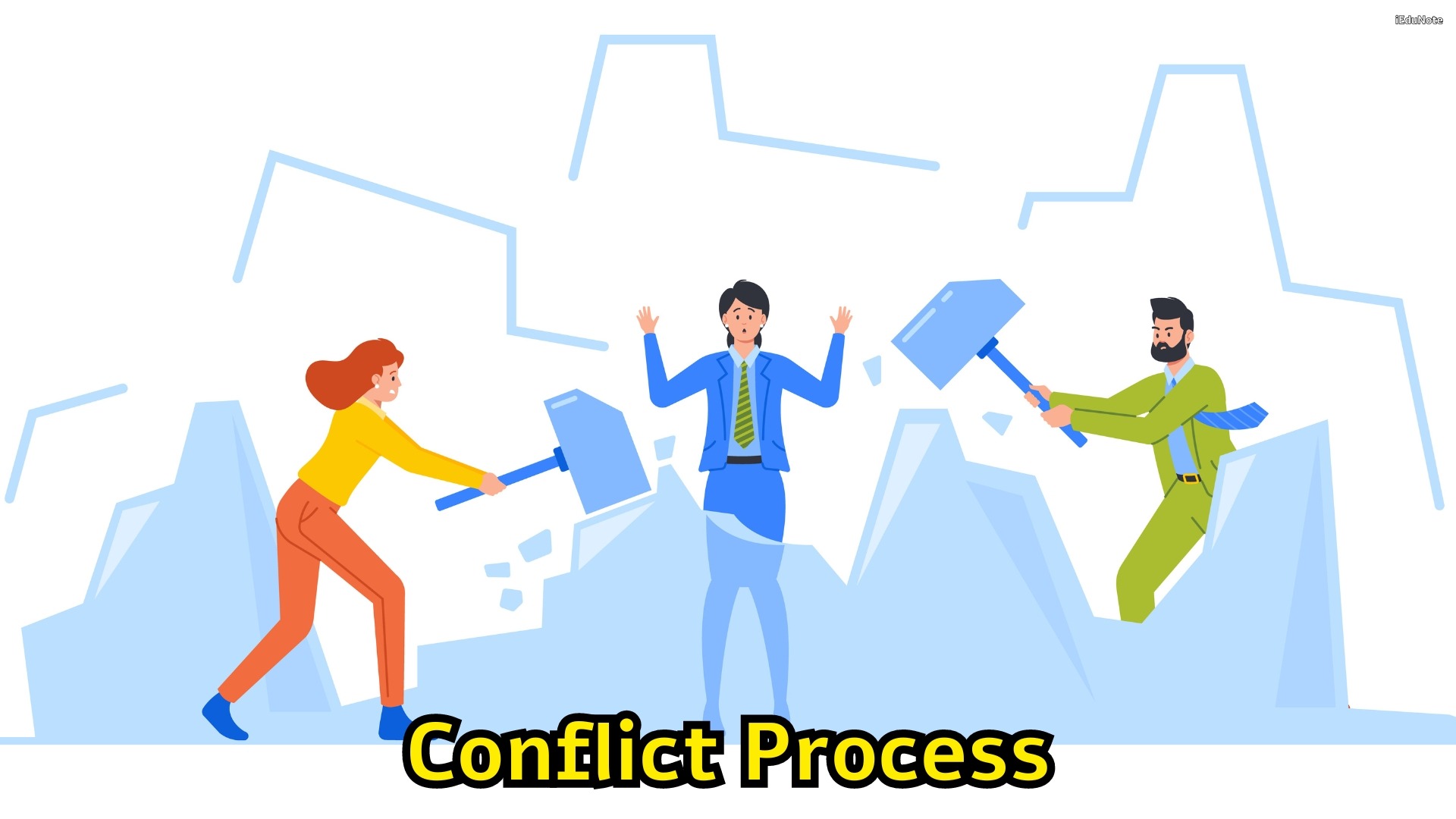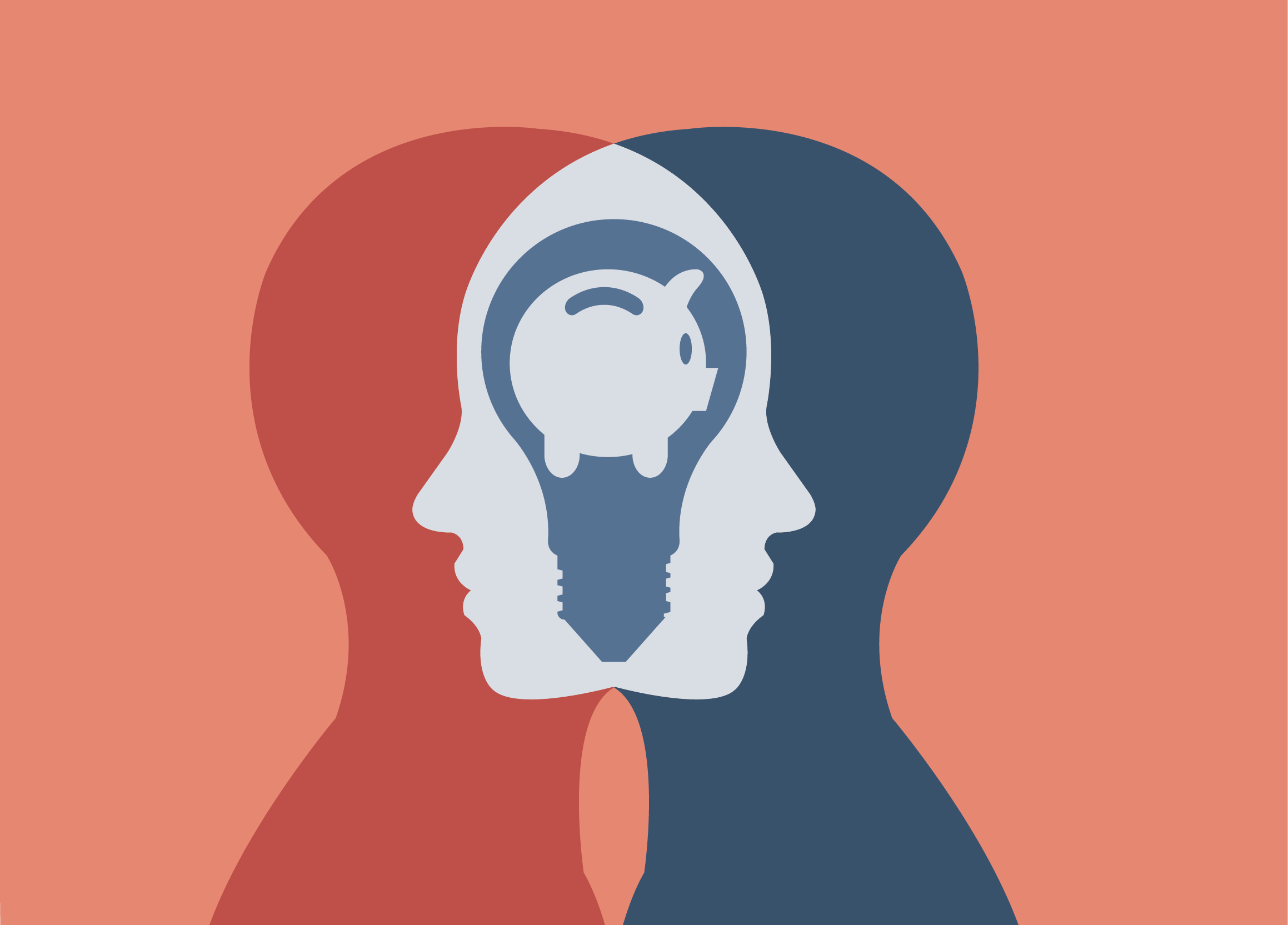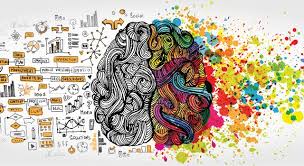Conflict is an inevitable part of human interaction. Whether in personal relationships, workplaces, or international diplomacy, understanding human behavior in conflict situations is crucial for effective resolution and management. At Al Mithaq Institute, we specialize in providing comprehensive education and training programs that delve into the intricacies of human behavior, including cognitive behavioral therapy, criminal psychology, and conflict resolution. Our courses are designed to equip individuals with the skills needed to navigate and resolve conflicts effectively, both online and in-person.
In this article, we will explore the various aspects of human behavior in conflict situations, the psychological underpinnings, and the strategies for effective conflict resolution. By the end of this article, you will have a deeper understanding of why conflicts arise, how people behave during conflicts, and how you can develop the skills to manage and resolve conflicts effectively. If you're interested in gaining these valuable skills, consider enrolling in one of our specialized courses at Al Mithaq Institute.
Table of Contents
- Introduction to Conflict and Human Behavior
- The Psychology of Conflict
- Types of Conflict
- Behavioral Patterns in Conflict
- Conflict Resolution Strategies
- The Importance of Understanding Human Behavior in Conflict
- How Al Mithaq Institute Can Help
- Conclusion
1. Introduction to Conflict and Human Behavior
Conflict arises when there is a perceived divergence of interests, beliefs, or values between individuals or groups. It is a natural part of human interaction and can occur in various settings, from personal relationships to international diplomacy. Understanding human behavior in conflict situations is essential for effective resolution and management.
At Al Mithaq Institute, we believe that education is the key to understanding and resolving conflicts. Our courses on cognitive behavioral therapy, criminal psychology, and conflict resolution are designed to provide you with the knowledge and skills needed to navigate complex conflict situations. Whether you're looking to improve your personal relationships, enhance your workplace dynamics, or contribute to international peace efforts, our programs offer the tools you need to succeed.
2. The Psychology of Conflict
Cognitive Behavioral Therapy (CBT) and Conflict
Cognitive Behavioral Therapy (CBT) is a widely used psychological treatment that focuses on changing negative thought patterns and behaviors. In the context of conflict, CBT can help individuals understand how their thoughts and beliefs contribute to conflict situations. By identifying and challenging negative thought patterns, individuals can develop more constructive ways of thinking and behaving, leading to more effective conflict resolution.
At Al Mithaq Institute, we offer a specialized diploma in Cognitive Behavioral Therapy that provides in-depth knowledge and practical skills for applying CBT techniques in various conflict situations. Our course covers the theoretical foundations of CBT, as well as practical applications for managing and resolving conflicts.
Emotional Intelligence in Conflict Situations
Emotional intelligence (EI) refers to the ability to recognize, understand, and manage one's own emotions, as well as the emotions of others. In conflict situations, high emotional intelligence can be a valuable asset. Individuals with high EI are better equipped to manage their emotions, communicate effectively, and empathize with others, leading to more constructive conflict resolution.
Our diploma in Emotional Intelligence at Al Mithaq Institute is designed to help you develop the skills needed to enhance your emotional intelligence. Through a combination of theoretical knowledge and practical exercises, you will learn how to apply EI techniques in various conflict situations, from personal relationships to workplace dynamics.
The Role of Stress and Anxiety in Conflict
Stress and anxiety can significantly impact how individuals behave in conflict situations. High levels of stress and anxiety can lead to impulsive decisions, aggressive behavior, and difficulty in communication. Understanding the role of stress and anxiety is essential for effective resolution.
At Al Mithaq Institute, we offer courses on stress management and mental health that provide valuable insights into how stress and anxiety affect human behavior. Our programs are designed to help you develop the skills needed to manage stress and anxiety, leading to more effective conflict resolution.
3. Types of Conflict
Intrapersonal Conflict
Intrapersonal conflict occurs within an individual and involves internal struggles, such as conflicting desires, values, or beliefs. This type of conflict can lead to stress, anxiety, and difficulty in decision-making. Understanding intrapersonal conflict is essential for personal growth and self-awareness.
Our courses at Al Mithaq Institute provide valuable insights into intrapersonal conflict and offer practical strategies for managing internal struggles. Whether you're dealing with conflicting desires or struggling with decision-making, our programs can help you develop the skills needed to navigate intrapersonal conflict effectively.
Interpersonal Conflict
Interpersonal conflict occurs between two or more individuals and can arise from differences in opinions, values, or interests. This type of conflict is common in personal relationships, workplaces, and social settings. Effective communication and empathy are essential for resolving interpersonal conflict.
At Al Mithaq Institute, we offer specialized courses on interpersonal conflict resolution that provide practical strategies for managing and resolving conflicts between individuals. Our programs cover a range of topics, including communication skills, empathy, and negotiation techniques.
Group Conflict
Group conflict occurs within a group or team and can arise from differences in opinions, goals, or values. This type of conflict can impact group dynamics and productivity. Effective leadership and communication are essential for resolving group conflict.
Our courses on group dynamics and conflict resolution at Al Mithaq Institute provide valuable insights into managing group conflict. Whether you're a team leader or a team member, our programs can help you develop the skills needed to navigate group conflict effectively.
Organizational Conflict
Organizational conflict occurs within an organization and can arise from differences in goals, values, or interests. This type of conflict can impact organizational culture and productivity. Effective leadership and conflict resolution strategies are essential for managing organizational conflict.
At Al Mithaq Institute, we offer specialized courses on organizational conflict resolution that provide practical strategies for managing and resolving conflicts within organizations. Our programs cover a range of topics, including leadership skills, communication, and negotiation techniques.
International Conflict
International conflict occurs between nations or international organizations and can arise from differences in political, economic, or cultural interests. This type of conflict can have significant global implications. Effective diplomacy and conflict resolution strategies are essential for managing international conflict.
Our courses on international conflict resolution at Al Mithaq Institute provide valuable insights into managing and resolving conflicts between nations. Whether you're involved in international diplomacy or interested in global peace efforts, our programs can help you develop the skills needed to navigate international conflict effectively.
4. Behavioral Patterns in Conflict
Fight, Flight, or Freeze Response
The fight, flight, or freeze response is a natural physiological reaction to perceived threats. In conflict situations, individuals may respond with aggression (fight), avoidance (flight), or paralysis (freeze). Understanding these responses is essential for effective conflict resolution.
At Al Mithaq Institute, we offer courses on stress management and conflict resolution that provide valuable insights into the fight, flight, or freeze response. Our programs are designed to help you develop the skills needed to manage these responses and navigate conflict situations effectively.
Aggressive vs. Passive Behavior
Aggressive behavior involves expressing one's needs and desires in a forceful or hostile manner, while passive behavior involves avoiding conflict and suppressing one's needs and desires. Both aggressive and passive behavior can be detrimental to conflict resolution. Assertive behavior, which involves expressing one's needs and desires in a respectful and confident manner, is essential for effective conflict resolution.
Our courses on communication and conflict resolution at Al Mithaq Institute provide practical strategies for developing assertive behavior. Whether you're dealing with aggressive or passive behavior, our programs can help you develop the skills needed to navigate conflict situations effectively.
The Role of Communication in Conflict
Effective communication is essential for resolving conflicts. Miscommunication or lack of communication can exacerbate conflicts, while clear and respectful communication can lead to effective resolution. Understanding the role of communication in conflict is essential for effective conflict resolution.
At Al Mithaq Institute, we offer specialized courses on communication and conflict resolution that provide practical strategies for improving communication in conflict situations. Our programs cover a range of topics, including active listening, empathy, and negotiation techniques.
5. Conflict Resolution Strategies
Negotiation Techniques
Negotiation is a key strategy for resolving conflicts. Effective negotiation involves finding a mutually acceptable solution through dialogue and compromise. Understanding negotiation techniques is essential for effective conflict resolution.
Our courses on negotiation and conflict resolution at Al Mithaq Institute provide practical strategies for developing effective negotiation skills. Whether you're dealing with personal or professional conflicts, our programs can help you develop the skills needed to negotiate effectively.
Mediation and Arbitration
Mediation and arbitration are alternative dispute resolution (ADR) techniques that involve a neutral third party facilitating the resolution of a conflict. Mediation involves a mediator who helps the parties reach a mutually acceptable solution, while arbitration involves an arbitrator who makes a binding decision. Understanding mediation and arbitration techniques is essential for effective conflict resolution.
At Al Mithaq Institute, we offer specialized courses on mediation and arbitration that provide practical strategies for resolving conflicts through ADR techniques. Whether you're involved in personal or professional conflicts, our programs can help you develop the skills needed to mediate and arbitrate effectively.
Collaborative Problem Solving
Collaborative problem solving involves working together to find a mutually acceptable solution to a conflict. This approach emphasizes cooperation and mutual respect, leading to more effective conflict resolution. Understanding collaborative problem-solving techniques is essential for effective conflict resolution.
Our courses on collaborative problem solving at Al Mithaq Institute provide practical strategies for developing effective problem-solving skills. Whether you're dealing with personal or professional conflicts, our programs can help you develop the skills needed to collaborate effectively.
The Role of Empathy in Conflict Resolution
Empathy, the ability to understand and share the feelings of others, is a crucial component of effective conflict resolution. By putting oneself in another's shoes, individuals can better understand the underlying issues and emotions driving the conflict, leading to more compassionate and effective resolutions.
At Al Mithaq Institute, our courses on emotional intelligence and conflict resolution emphasize the importance of empathy. Through practical exercises and real-world scenarios, students learn how to cultivate empathy and apply it in various conflict situations, from personal disputes to workplace disagreements.
6. The Importance of Understanding Human Behavior in Conflict
Personal Relationships
Understanding human behavior in conflict is essential for maintaining healthy personal relationships. Conflicts in relationships can arise from misunderstandings, differing values, or unmet needs. By understanding the psychological underpinnings of conflict, individuals can develop the skills needed to navigate and resolve conflicts effectively, leading to stronger and more fulfilling relationships.
Our courses at Al Mithaq Institute provide valuable insights into the dynamics of personal relationships and offer practical strategies for resolving conflicts. Whether you're dealing with a romantic partner, family member, or friend, our programs can help you develop the skills needed to maintain healthy relationships.
Workplace Dynamics
Conflict in the workplace can arise from differences in opinions, goals, or working styles. Unresolved conflicts can lead to decreased productivity, low morale, and high turnover rates. Understanding human behavior in conflict is essential for effective workplace management and conflict resolution.
At Al Mithaq Institute, we offer specialized courses on workplace conflict resolution that provide practical strategies for managing and resolving conflicts in professional settings. Whether you're a manager or an employee, our programs can help you develop the skills needed to navigate workplace conflicts effectively.
International Diplomacy
International conflicts can have significant global implications, from economic instability to humanitarian crises. Understanding human behavior in conflict is essential for effective diplomacy and conflict resolution on an international scale. By understanding the psychological and cultural factors that drive international conflicts, diplomats and peacekeepers can develop more effective strategies for resolution.
Our courses on international conflict resolution at Al Mithaq Institute provide valuable insights into the dynamics of international diplomacy. Whether you're involved in international relations or interested in global peace efforts, our programs can help you develop the skills needed to navigate and resolve international conflicts effectively.
7. How Al Mithaq Institute Can Help
Our Courses on Conflict Resolution and Human Behavior
At Al Mithaq Institute, we offer a wide range of courses that delve into the intricacies of human behavior and conflict resolution. Our programs are designed to provide you with the knowledge and skills needed to navigate and resolve conflicts effectively, whether in personal relationships, workplaces, or international diplomacy.
Some of our key courses include:
- Cognitive Behavioral Therapy (CBT): Learn how to identify and change negative thought patterns and behaviors that contribute to conflict.
- Emotional Intelligence (EI): Develop the skills needed to recognize, understand, and manage your own emotions, as well as the emotions of others.
- Conflict Resolution and Negotiation: Gain practical strategies for resolving conflicts through effective communication, negotiation, and mediation.
- International Conflict Resolution: Explore the psychological and cultural factors that drive international conflicts and develop strategies for effective diplomacy and peacekeeping.
Why Choose Al Mithaq Institute?
- Accredited Programs: Our certificates are recognized locally and internationally, ensuring that you receive a high-quality education that is valued by employers and institutions worldwide.
- Experienced Faculty: Our faculty members bring over a decade of professional experience, combining academic excellence with practical knowledge to deliver insightful and engaging courses.
- Flexible Learning Options: Whether you prefer online or in-person learning, our programs are designed to accommodate your needs and schedule.
- Comprehensive Support: We are committed to your success, providing high-quality resources and personalized support to help you achieve your educational and professional goals.
8. Conclusion
Understanding human behavior in conflict situations is essential for effective resolution and management. Whether in personal relationships, workplaces, or international diplomacy, the ability to navigate and resolve conflicts is a valuable skill that can lead to more fulfilling and productive interactions.
At Al Mithaq Institute, we are dedicated to providing you with the knowledge and skills needed to understand and resolve conflicts effectively. Our comprehensive courses on cognitive behavioral therapy, emotional intelligence, and conflict resolution are designed to equip you with the tools needed to navigate complex conflict situations.
If you're interested in gaining these valuable skills, consider enrolling in one of our specialized courses at Al Mithaq Institute. Visit our website at https://almithaqinstitute.com/ to learn more about our programs and how we can help you achieve your educational and professional goals.







